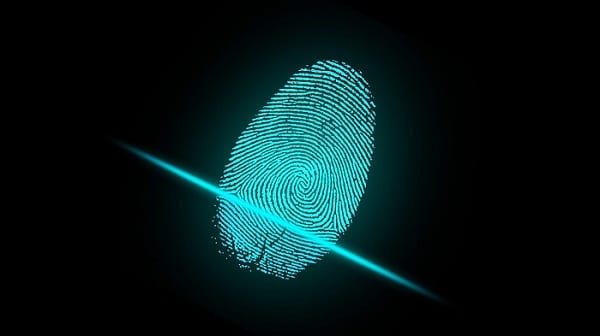In the realm of law enforcement, staying ahead of criminals requires constant innovation and adaptation to emerging technologies. The recent initiation of National Automated Fingerprint Identification System (NAFIS) labs at district levels across the Jammu region by the Jammu and Kashmir Police is a commendable step towards modernising crime-fighting efforts in the region
 KRC TIMES National Bureau
KRC TIMES National Bureau

In the realm of law enforcement, staying ahead of criminals requires constant innovation and adaptation to emerging technologies. The recent initiation of National Automated Fingerprint Identification System (NAFIS) labs at district levels across the Jammu region by the Jammu and Kashmir Police is a commendable step towards modernising crime-fighting efforts in the region. This move aligns UT’s law enforcement practices with those of the rest of the country, leveraging advanced tools to enhance criminal investigations and ensure justice is served swiftly and effectively. NAFIS is not just a technological upgrade; it represents a paradigm shift in how law enforcement agencies tackle crime. By collecting and centralising fingerprint data on criminals, authorities can expedite the process of identifying suspects, linking them to specific crimes, and presenting robust evidence in court cases. This system streamlines investigations, minimises ambiguity, and significantly improves the chances of apprehending perpetrators.
In a region like Jammu and Kashmir, where various forms of crime pose significant challenges to public safety, leveraging technology becomes imperative. The ability to swiftly and accurately identify individuals involved in crimes such as terrorism, bovine smuggling, and narcotics trafficking is crucial for maintaining law and order. Moreover, investing in training is an investment in the success of NAFIS and, ultimately, in the safety and security of the region’s residents. The introduction of NAFIS labs in every district of UT signifies a decentralised approach to crime fighting, as it enhances responsiveness and facilitates quicker turnaround times in investigations, leading to swifter justice delivery. One of the most significant advantages of NAFIS is its ability to unmask criminals who attempt to conceal their identities. With a comprehensive database of fingerprints, law enforcement can uncover previous criminal records, enabling them to pre-emptively identify and apprehend repeat offenders. This pre-emptive approach is essential for proactively addressing crime trends and preventing recidivism.






